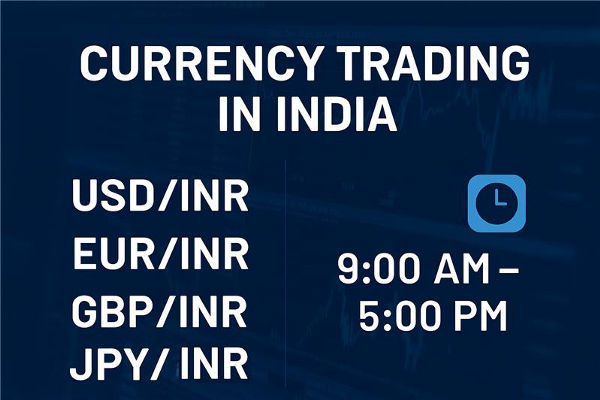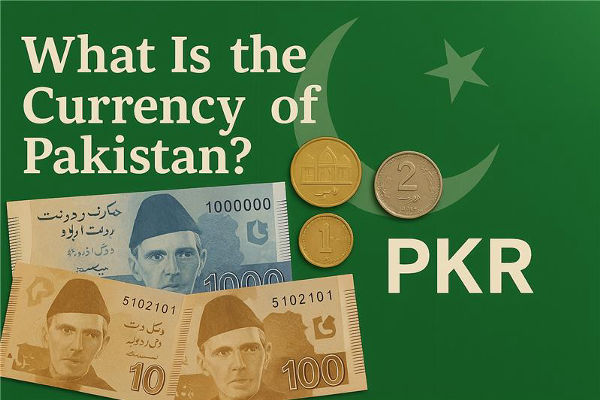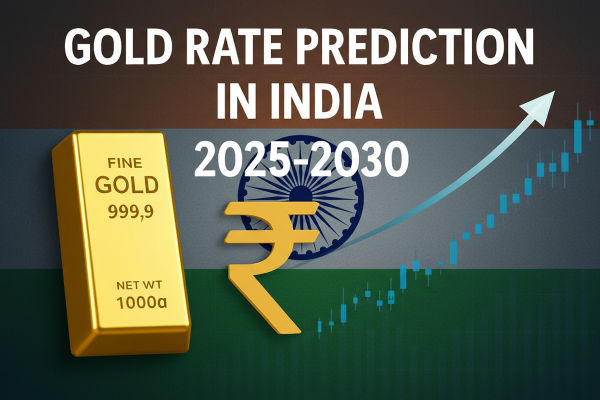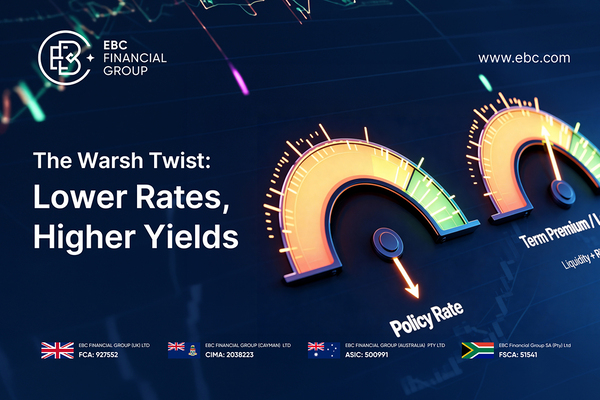The USD to INR exchange rate in 2025 has been marked by volatility, influenced by geopolitical tensions, economic indicators, and central bank policies. As of May 15, 2025, the exchange rate is approximately ₹85.55 per US dollar.
This article delves into expert forecasts, key economic drivers, and potential scenarios for the USD/INR pair in 2025 and beyond.
USD to INR: Historical and Current Exchange Rate Overview
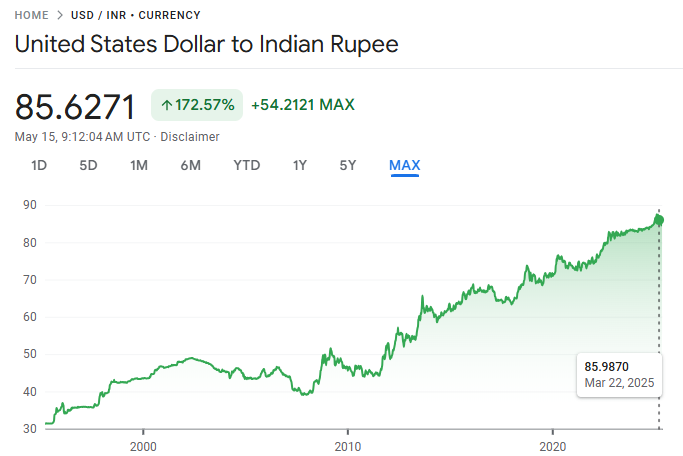
The USD to INR exchange rate has undergone significant changes over the decades, reflecting the evolving economic, political, and monetary landscapes of both the United States and India. Historically, the Indian rupee was fixed against the US dollar. However, after India liberalised its economy in 1991, the rupee was gradually allowed to float, leading to market-determined exchange rates.
In the early 2000s, the USD to INR rate hovered around ₹45–₹50. By 2010, this rate increased to ₹45–₹46, driven by trade deficits, inflation, and capital flow dynamics. The rupee saw one of its most volatile periods in 2013, falling sharply to ₹68 against the dollar due to heavy foreign outflows and concerns over India's current account deficit.
From 2015 onward, the rupee has been on a general weakening trend. By 2020, the USD/INR rate crossed ₹75, further depreciating during the COVID-19 pandemic as risk sentiment soured and foreign investors fled emerging markets. The Reserve Bank of India (RBI) stepped in repeatedly to curb volatility, but the long-term pressure remained.
In 2023, the rupee ranged between ₹79 and ₹83 per dollar, mainly driven by strong US Federal Reserve tightening, higher crude oil prices, and persistent inflation in India.
Current Exchange Rate
As of May 15, 2025, the USD to INR exchange rate is approximately ₹85.55 per US dollar. This marks a notable depreciation from 2023 and early 2024 levels.
The rate peaked in February 2025, hitting ₹88.05, its highest level in recent history. It is largely due to geopolitical tensions between India and pakistan and a sharp selloff in Indian equities and debt.
However, the rupee has since recovered some ground after a diplomatic ceasefire and improved global risk sentiment. In early May 2025, it appreciated back to around ₹84.92, helped by easing US inflation and a weaker dollar.
Key Factors Influencing USD to INR Exchange Rates

1. Interest Rate Differentials
The policy stance of the US Federal Reserve versus the Reserve Bank of India (RBI) plays a critical role. In 2022–2023, aggressive rate hikes by the Fed made the US dollar more attractive, leading to outflows from Indian markets and weakening the rupee.
Given India's slowing inflation and sluggish economic growth in 2025, the RBI may cut interest rates. MUFG forecasts the RBI may implement three more 25-bps rate cuts, bringing the terminal repo rate to 5.50%. Lower rates typically discourage foreign capital inflows, thereby weakening the local currency.
2. Inflation Trends
India's retail inflation hit a six-year low of 3.16% in April 2025, well below the RBI's upper tolerance band. This gives the central bank more room to ease monetary policy, which could indirectly pressure the rupee.
On the flip side, US inflation has shown signs of cooling, with expectations that the Fed might halt or reverse its tightening cycle, limiting dollar strength and supporting the rupee.
3. Geopolitical Events
In early 2025, the Indian rupee faced heavy depreciation due to a sudden flare-up of military conflict with Pakistan. The uncertainty triggered capital flight, leading to the biggest single-day drop in the rupee over two years.
The truce signed in May 2025 has stabilised markets, but geopolitical risk remains a wildcard.
4. Trade and Current Account Deficit
India's current account deficit affects demand and supply for foreign currency. A wider deficit indicates that India imports more than it exports, requiring more dollars to settle trade payments. The good news in 2025 is that India's current account position has improved slightly due to falling commodity prices and steady remittance inflows.
However, a sustained rise in global oil prices or a slowdown in exports could renew pressure on the rupee.
5. Foreign Investment and Capital Flows
Foreign Institutional Investors (FII) and Foreign Portfolio Investment (FPI) flows into Indian equities and debt markets are major determinants of rupee strength. When investors withdraw capital in response to rising US yields or risk aversion, the rupee tends to weaken.
In early 2025, foreign investors sold $278.8 million in Indian equities and $13.4 million in bonds. Such outflows negatively affect the rupee, though inflows could resume if macro fundamentals improve.
6. US Dollar Strength
The dollar index (DXY) has retreated slightly in 2025 after peaking in previous years. A weakening greenback, driven by softer US economic data, typically boosts emerging market currencies like the INR. If the Fed pauses or cuts rates later in 2025, the rupee could strengthen further.
USD to INR Forecast for 2025 and Beyond
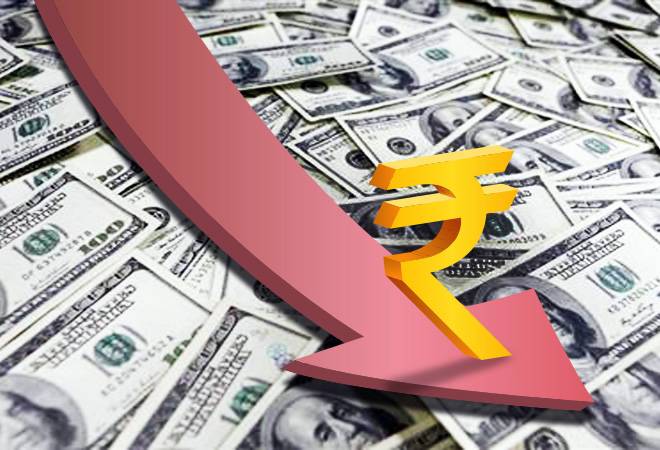
Multiple institutions and analysts have released 2025 projections for the USD/INR exchange rate. While there's no consensus, several outlooks suggest the pair will trade within a range, barring massive shocks.
1) MUFG Bank Forecast
2) BookMyForex Monthly Outlook
June–August 2025: ₹85.40–₹85.83 (average: ₹85.62)
September–November 2025: ₹85.57–₹86.27 (average: ₹85.92)
December 2025: ₹84.55–₹86.03 (average: ₹85.29)
This suggests a fairly range-bound performance with room for mild appreciation if external factors improve.
3) CoinCodex Forecast
CoinCodex anticipates a mildly bearish trend for the USD/INR pair in the second half of 2025:
If accurate, these projections point to a strengthening rupee by the end of the year.
4) Gov.Capital Forecast (Long-Term)
Gov.Capital offers a longer-term forecast into 2026 and beyond:
It suggests a slight appreciation of the rupee over time, barring external shocks.
Conclusion
In conclusion, the USD/INR pair reflects geopolitical, economic, and policy-driven variables. While the rupee has shown resilience in the face of headwinds, it remains vulnerable to global shocks and capital flow volatility.
Most forecasts suggest a range of ₹84–₹87 per USD through the end of 2025, with potential for moderate appreciation if inflation remains under control and foreign flows resume.
Disclaimer: This material is for general information purposes only and is not intended as (and should not be considered to be) financial, investment or other advice on which reliance should be placed. No opinion given in the material constitutes a recommendation by EBC or the author that any particular investment, security, transaction or investment strategy is suitable for any specific person.













